By Shaheryar Hossain, Kolkata
Kolkata: Womanista, an exhibition cum sale based on women clothing, was held in Heera Banquet on March 20, 2022.
The products at the stalls ranged from condiments, trinkets, dry fruits and artificial jewellery to clothing. The event was aimed at promoting micro-entrepreneurship among women.
“We are selling products [clothes stitched by women] in our stall. Our main aim is to create employment opportunities for non working women [house wives, single mother, divorced]. So that they can earn their livelihood,” said Shazia Rahman, executive member of All Bengal Muslim Women’s Association [ABMWA].
She reiterated that main objective of the ABMWA is to inculcate entrepreneurship skills among non working women.
“In our stall there are salwar suits, scarfs, burqa and other outfits made by women. We have set up our stall here to display several things. The price, too, is very reasonable and affordable to all buyers, especially the poor women,” said another executive member of ABMWA.
Interestingly, Faraan Danish [8-year-old] – a young and budding entrepreneur from Mumbai, had also put up stall named Faraan Foods.
“I want to become a business. I am selling dates in my stall. I have sold almost 80 percent of it,” said Faraan, who wants to prove that there is no age barrier for invention and entrepreneurship. His humble approach reflects his meteoric rise to business and popularity.
“My father [Danish Reyaz] is my inspiration. He always supports me and inspires me to achieve my goal,” pointed out Mumbai boy.
It might be mentioned that Islamic quiz was also held at the exhibition. The winners were also felicitated.
Maaeshat Business Club [MBC], consists of entrepreneurs from different categories and sectors who have come together to exchange business and to grow together, had also set up its stall at Womanista.
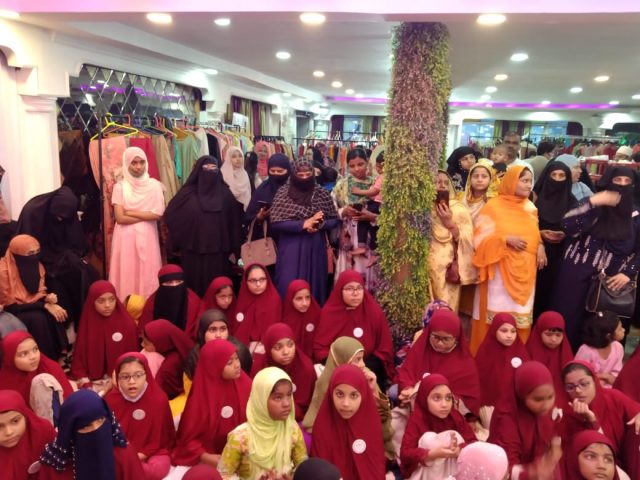
“Through our stall we want promote business among women. There are a lot of
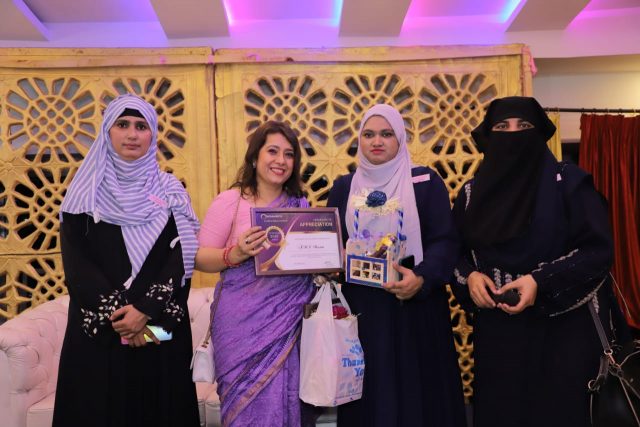
elements to the system, including one tenet called “Right Person, Right Seat.” The idea is that a member of a team should share core values with the company, feel a sense of ownership over his or her position and be equipped to fulfill what the role demands,” said Danish Reyaz, founder of MCB.
According to
bain.com, Today India has 13.5–15.7 million women-owned enterprises, representing 20% of all enterprises. While large in absolute numbers, these are overwhelmingly comprised of single person enterprises, which provide direct employment for an estimated 22 to 27 million people. Further, a number of enterprises reported as womenowned are not in fact controlled or run by women. A combination of financial and administrative reasons leads to women being “on paper” owners with little role to play. Benchmarks from high performing countries and
Indian states provide a good yardstick for India to accelerate overall female entrepreneurship. Accelerating quantity and quality of entrepreneurship towards such benchmarks can create over 30 million women-owned enterprises, of which 40% can be more than self-employment. This can generate potentially transformational employment in India, of 150–170 million jobs, which is more than 25% of the new jobs required for the entire working age population, from now until 2030.
Achieving this visionary but realistic goal requires understanding the barriers facing the various types of women entrepreneurs across the landscape in India. Specifically, we see six distinct segments of entrepreneurs, which exhibit differing characteristics based on whether they are scaled, small or solo; urban or rural; engaged in agriculture or outside. An in-depth understanding of these segments has been crucial for us to gain true insight in to motivations, advocacy, constraints, and most importantly, the solutions to accelerate entrepreneurship for women in India. For instance, while access to finance impacts nearly every entrepreneur, it manifests in the form of disparity in the investor ecosystem for the scalers, but lack of information and absence of tailored products, for rural and urban solopreneurs.
Similarly, scalers face an unfair disadvantage due to exclusion from networks, especially informal ones, but for urban solopreneurs, it is about not having had the opportunity to be part of a network of any sort. Rural agripreneurs is a distinct segment, which is here to stay, and can be a critical catalyst of the modernisation of agriculture and the rural ecosystem. All segments of entrepreneurs, as well as non-entrepreneurs, face severely inhibiting cultural constraints. These manifest in the form of denial of the social permission to work and gender biases that persists widely.
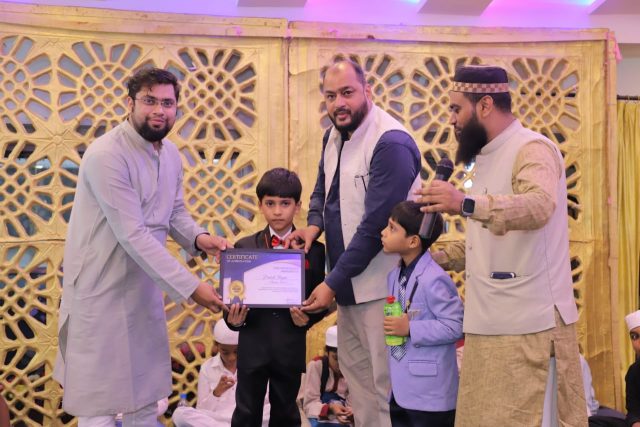

 elements to the system, including one tenet called “Right Person, Right Seat.” The idea is that a member of a team should share core values with the company, feel a sense of ownership over his or her position and be equipped to fulfill what the role demands,” said Danish Reyaz, founder of MCB.
elements to the system, including one tenet called “Right Person, Right Seat.” The idea is that a member of a team should share core values with the company, feel a sense of ownership over his or her position and be equipped to fulfill what the role demands,” said Danish Reyaz, founder of MCB.
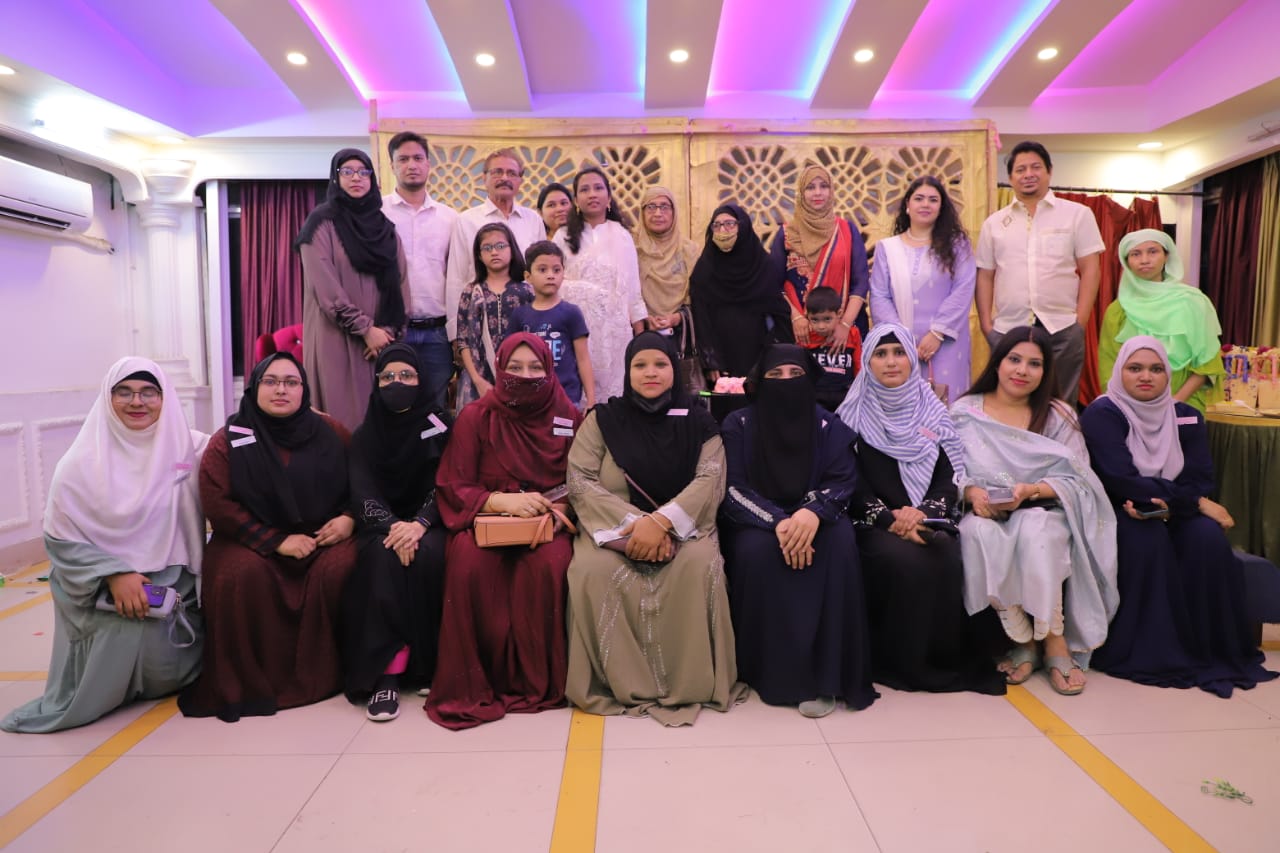
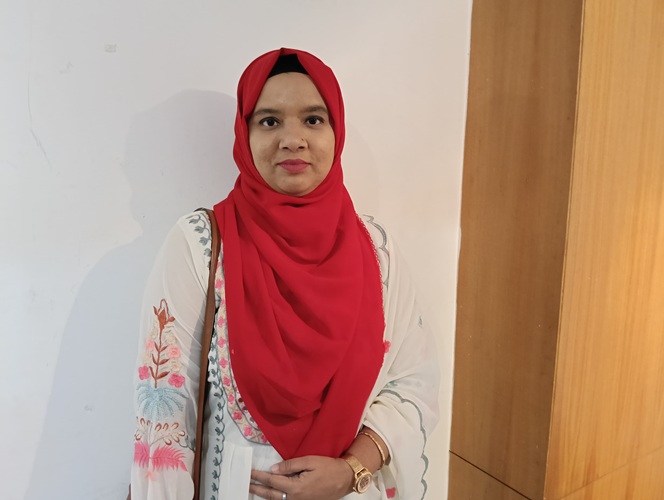

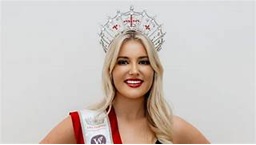

0 Comments